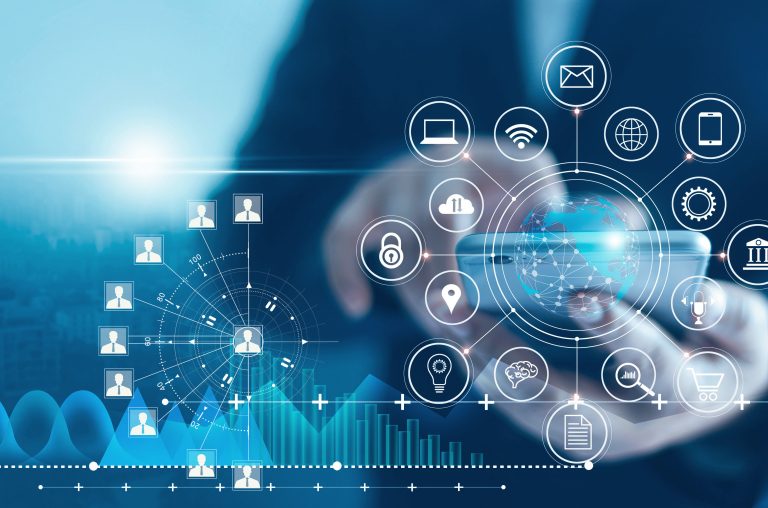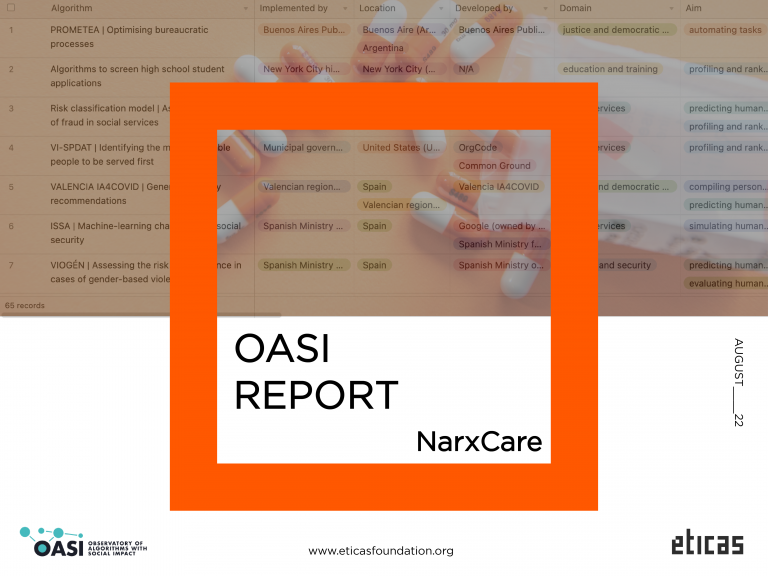
The Argentinian government has developed a centralized, state-controlled database of citizen biometric data, advancing state surveillance at the peril of civil liberties and privacy. The “Sistema Federal de Identificación Biométrica para la Seguridad” (SIBIOS) was created by the decree of the Argentinian President Cristina Fernández de Kirchner and promoted by the Argentinian Ministry of National Security in 2011. Its central objective is to create a digital platform for the algorithmic processing of biometrics to improve public safety and investigate criminal offenses (Rodriguez 2012).
As a result of this executive order, the Federal Police (PFA) was given access to the RENAPER database, effectively doubling the number of fingerprints in their control to approximately 14 million (ibid). With this, the PFA was entrusted with the management of a huge database of fingerprints belonging to not just individuals suspected or convicted of criminal offenses but also ordinary Argentine citizens (ibid).
SIBIOS does more than just increase the FPA’s access to digitized fingerprints, it fully integrates “with existing ID card databases, which, aside from biometric identifiers, include an individuals’ digital image, civil status, blood type, and key background information collected since birth and across the various life stages” (ibid). The project aims to aggregate and centralize citizen data across diverse silos of data, sharing this information with key federal agencies like the National Directorate of Immigration, the Airport Security Police, the National Gendarmerie, and even provincial authorities with permission from the federal government.
SIBIOS has centralized sensitive data that can be further leveraged by other technologies. The FPA, for example, will be able to use its new facial recognition capacities to search the immense RENAPER digital image repository in order to identify people in photos, and maybe even on surveillance cameras. Argentinian police are also equipping themselves with mobile fingerprinting devices that will allow them to check the fingerprints of any passing Argentinean against the database itself (ibid).
Through consolidating databases, SIBIOS has significantly increased the state’s capacity to surveil and monitor Argentina’s citizenry. Public oversight committees and legal checks and balances ought to be put in place in order to safeguard the civil liberties that are threatened by the power of this system.






